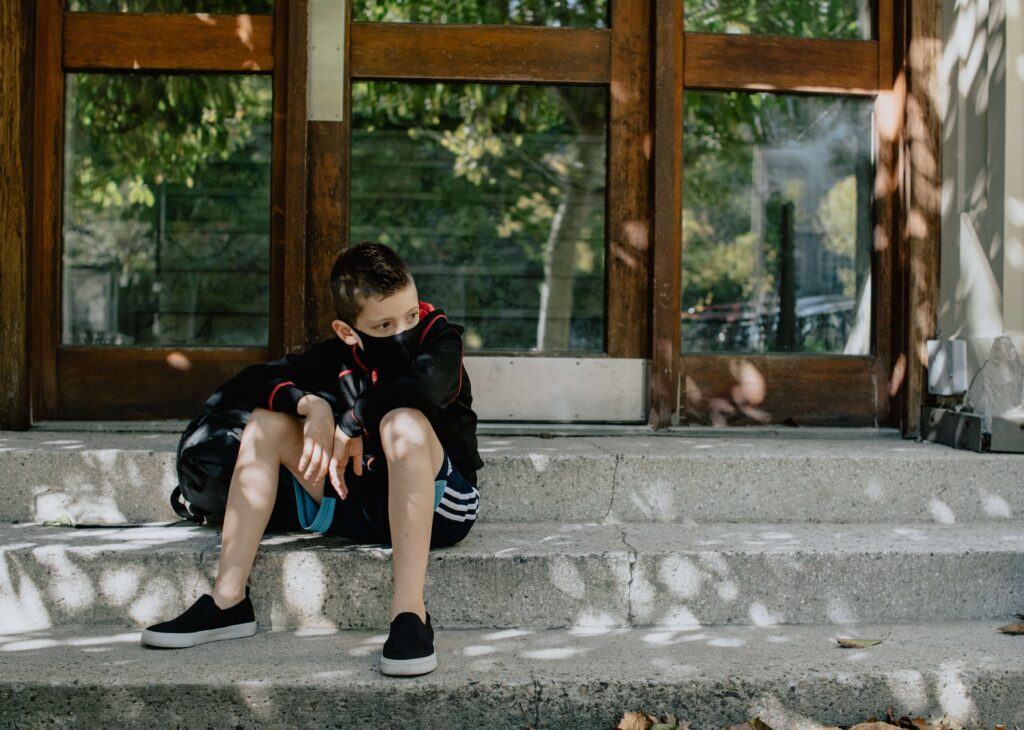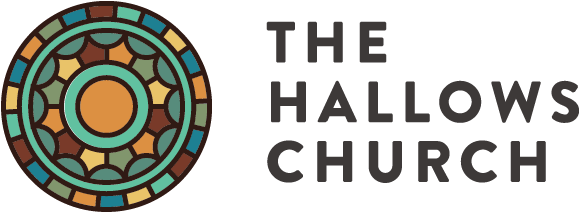
3 key truths to teach your kids about the conscience
By Mark Smith
A few months ago, a favorite family park reopened in our West Seattle neighborhood. With much excitement, my wife and three kids arrived to play on the newly built playground. Getting into a new rhythm of playing while wearing masks was uncomfortable for my six-, five-, and three-year-old kids, but nevertheless, they were excited about the prospect of playing at the park again.
After the kids played a bit, an unexpected topic of conversation emerged. My kids noticed all the protective wear other families had. Some families wore masks, others wore face shields, while still others removed their masks to take advantage of breathing in the open air. My first reaction was to tell my kids not to stare. But then I realized there was an opportunity in their curiosity. In fact, it was the perfect opportunity to teach them about the conscience.
We’re all adjusting to new COVID-19 rhythms and protocols. Each of us has our own perception and interpretation of all the new policies and procedures. Kids do too. And if your kids are like mine, they aren’t afraid to ask why one family’s approach to mask-wearing, social distancing, etc., differs so much from the next.
As these questions come, I believe it’s important now more than ever for parents to teach their children how to differentiate between biblical convictions and personal convictions. I believe it’s important for us to help our kids understand how God has designed the conscience. Here are three truths to get you started:
Gift
First, our conscience is a gift from God. God has given humans the ability to identify and describe our internal thoughts—whether positive or negative—about ideas, actions, and situations. In Romans 2:15, Paul explains that the conscience is an intrinsic ability that is “written on every heart” of every human.
So instead of defaulting to a preachy attitude about matters of conscience (“I know what other families should and shouldn’t do”), we should remember that the conscience is a precious gift—one that we should appreciate in ourselves and others, one that we should utilize with grace.
Guide
Second, our conscience is a guide. When a friend of mine began teaching her kids about the conscience, she described it as “a moral compass that guides people toward a heightened awareness of right and wrong.” It’s a guide given by God to help us navigate our daily choices. As we navigate each day’s circumstances and decisions, our conscience guides us through our decision-making process.
We should teach our kids that if they feel guilt over a particular sin or a poor decision, they should listen to those feelings. Their conscience is guiding them toward repentance and reconciliation. If we learn to be aware of our conscience, we can sense whether thoughts and actions are swaying us away from the true north of God’s righteous standards.
Calibration
Third, our conscience needs calibrating. One of the challenges of the conscience is that it has been affected by the fall. Our consciences are not perfect. They are good, but flawed and need constant calibration. On the one hand, the human conscience has positive moral tendencies; we gravitate toward justice, goodness, and truth. On the other hand, we can sear our consciences by giving into sin and deceit. And we can overly strengthen our conscience by sneering at and standing in judgment of others who make choices that differ from our own.
Thankfully, we have God’s Word and the Holy Spirit to correct our consciences and keep us from these twin dangers of lawlessness and legalism. When we compare our lives to the Bible’s instructions, God will graciously awaken our conscience toward truth. You see, God is committed to our sanctification—to our transformation. He wants to make us more like Jesus, and correcting our conscience is one of the ways he does so.
Have you had a conversation with your kids about their conscience? As parents and church leaders, our motivation should be that of Paul’s instruction to Timothy. He wanted his son in the faith to live with “love that comes from a pure heart, a good conscience, and a sincere faith” (1 Tim. 1:5). By teaching these basic principles about the conscience, we can help our children grow up with godly discernment about the world around them.
Written by Pastor Mark Smith, Hallows West Seattle Expression Pastor. Originally written for and published on October 14, 2020 by the ERLC. In addition to providing pastoral leadership for the Hallows West Seattle Expression and Hallows Kids Ministry, Mark is a new contributer to the ERLC combining his years and joy of working with youth, missions, pastoring and theological study.
